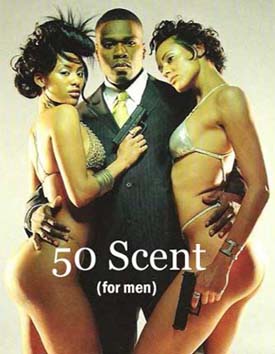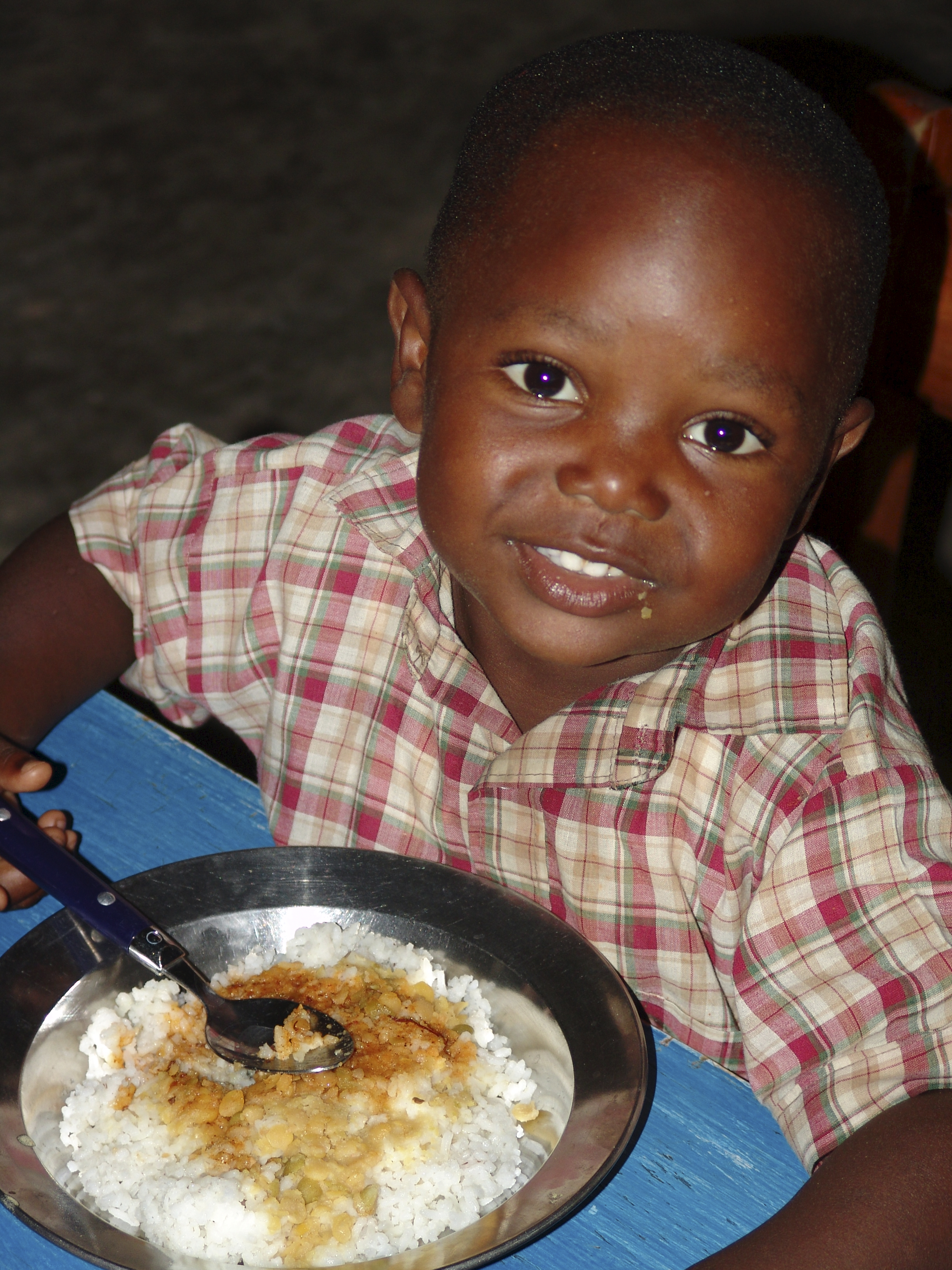"Black Brother" by Angie Stone
...He is my King, He is my one / Yes he's my father, Yes he's my son / I can talk to him, cuz he understands / Everything I go through and everything I am...
 If I wasn't already a staunch womynist, I would be after this semester. I am taking three women's studies classes to satisfy the credit hour requirements for this Bachelor's in Psychology (finally).
If I wasn't already a staunch womynist, I would be after this semester. I am taking three women's studies classes to satisfy the credit hour requirements for this Bachelor's in Psychology (finally).One of them is cross-listed with African American studies: The History of African American Women (AFAM 491). I love it. I love to learn and discuss the experience of women but I worship the knowledge about the experience of women of color, especially African and African American women.
AFAM 491 uses the textbook To 'Joy My Freedom by T. Hunter. I have read 2 of the 8 chapters I should have read by now (but I just bought it soooo). In these 2 chapters, I have read of the disturbing system that was chattel slavery. I was reading about the work that 6 year old children were accustomed to doing, work I will NEVER do, and vowed in a written statement in the margins that I won't complain about the work I must do.
This week, we discussed the way in which race informs gender and gender informs race and the continual exchange that occurs between the two. To no group is this more pervasive of a concept than to Black women living in the United States following the collapse of slavery.
From the history we have discussed, Black women following slavery were more inclined to defend their race first, and then their gender.
 While White women were out protesting the universal suffrage of men, Black women were praying, pushing, fighting, marching, arguing, screaming, writing, and hoping for their Black men to get the vote. White women thought they should get it first. Some Black women wanted suffrage too, but for now, they had to focus on their men getting political power through the vote. Black women evaluated that it would be nice to have the vote as well, but it's a step in the right direction if the system is at least willing to consider allowing their men to vote.
While White women were out protesting the universal suffrage of men, Black women were praying, pushing, fighting, marching, arguing, screaming, writing, and hoping for their Black men to get the vote. White women thought they should get it first. Some Black women wanted suffrage too, but for now, they had to focus on their men getting political power through the vote. Black women evaluated that it would be nice to have the vote as well, but it's a step in the right direction if the system is at least willing to consider allowing their men to vote.A big theme of this class is the way race and gender intersect and the tradition race has had of trumping gender for Black women in social and political considerations (until the divisive campaigns of Hillary Clinton and Barack Obama, in which the conversation erupted over which was more important: race or gender?). It is interesting to see the kind of solidarity, community commitment, and collective preservation mode Black people had and were in in the years following the Civil War.
It was exceptional to see how the Black woman argued for and tried to augment the rights of her Black man. And it was even more exceptional to see how the Black man aggressively campaigned for legislation protecting the chastity, virtue, and pride of his Black woman.
I was reading it and eating it up. It was beautiful to read of people who look like me spoken about in such a way, despite their lot.
 Fast forward 145 years and what has happened? Black men don't respect or cherish Black women and Black women don't respect and have given up home on Black men. Black girls get pregnant (or get educated and make themselves ineligible for marriage) and Black boys go to jail (or die).
Fast forward 145 years and what has happened? Black men don't respect or cherish Black women and Black women don't respect and have given up home on Black men. Black girls get pregnant (or get educated and make themselves ineligible for marriage) and Black boys go to jail (or die).Additionally, in our contemporary times, the momentum of Black female improvement has slipped only to rise again. We see CNN specials all day long about why Black women are still single.
Black, educated, self-reliant, professional women are out of the running for Black husbands (y'all better stop playin' before we take off with them Italian/Dominincan/Brazilian/Samoan/Phillipino/
Black America is also quite fragmented and Black culture is perverted. Hip Hop culture has become synonymous with Black culture and it is not Black culture. It is a subculture. It is of Black people. It was intended to communicate the atrocities of inner cities that America chose to ignore while genocide was being committed on American streets.
 But it is not the sum total of Black culture. There is a rich African remnant, seasoned by slavery, preserved by the Civil Rights Movement, but left in the freezer and forgotten in the age AIDS and crack. And all this (with much more that is too viscous to include here) has worked to fragment Black America.
But it is not the sum total of Black culture. There is a rich African remnant, seasoned by slavery, preserved by the Civil Rights Movement, but left in the freezer and forgotten in the age AIDS and crack. And all this (with much more that is too viscous to include here) has worked to fragment Black America. The old people think the young people are crazy as hell. The young people think the old people are useless and judgmental. The men think the women are to blame for all that's wrong with them. The women think that they have nothing to do with all that's wrong with men. The light ones hate the dark ones for making them go out of style. The dark ones still hate the light ones for being light. The permed up ones hate the natural ones for complicated reasons. The natural ones hate the permed up ones for complicated reasons.
On what issue can we come together? Children starve, can't read, don't know how to tie their shoes, have no sense of respect, can't count, get put into special education too quickly and too frequently, have babies they can't take care of...all types of mess...and they are children. I'm not even talking about adult pathologies yet. None of that brings us together.
I truly believe that the improvement of any people in any place is contingent upon how they treat their women. People have been saying it for several decades in Africa after the last of the countries gained their independence from White Western countries. Educate the women (about anything) and they take it back to their cities, to their villages, to the grandpas, fathers, sons, brothers, children, everybody. When you provide something for an African woman, you inevitably provide for those she provides for.
 Look at what is going on in Haiti. An organization had to introduce a food program aimed just at women because they know the women will feed the children and the elderly who cannot stand in line to wait for bags of rice. Men were appearing at truck doors and with their strength, hauling away the food to cook for themselves. So they revamped the situation, started handing out tickets to women to appear at a certain place in the morning hours to be given bags of rice. The men stand in an audience outraged by this seemingly sexist move. But without such a move, Haiti's children may not be fed because when you don't provide for a woman, you disenfranchise far more than just that woman.
Look at what is going on in Haiti. An organization had to introduce a food program aimed just at women because they know the women will feed the children and the elderly who cannot stand in line to wait for bags of rice. Men were appearing at truck doors and with their strength, hauling away the food to cook for themselves. So they revamped the situation, started handing out tickets to women to appear at a certain place in the morning hours to be given bags of rice. The men stand in an audience outraged by this seemingly sexist move. But without such a move, Haiti's children may not be fed because when you don't provide for a woman, you disenfranchise far more than just that woman.Black women in America are getting it right (sometimes). I have not even a suggestion for a solution but I would like to propose that the minute the solidarity between Black women and Black men returns, it's a done deal. Black men, we know you have been through a lot and we are willing to help nurse wounds and protect you from further damage. But you gotta meet us at the halfway mark boo.




0 comments:
Post a Comment